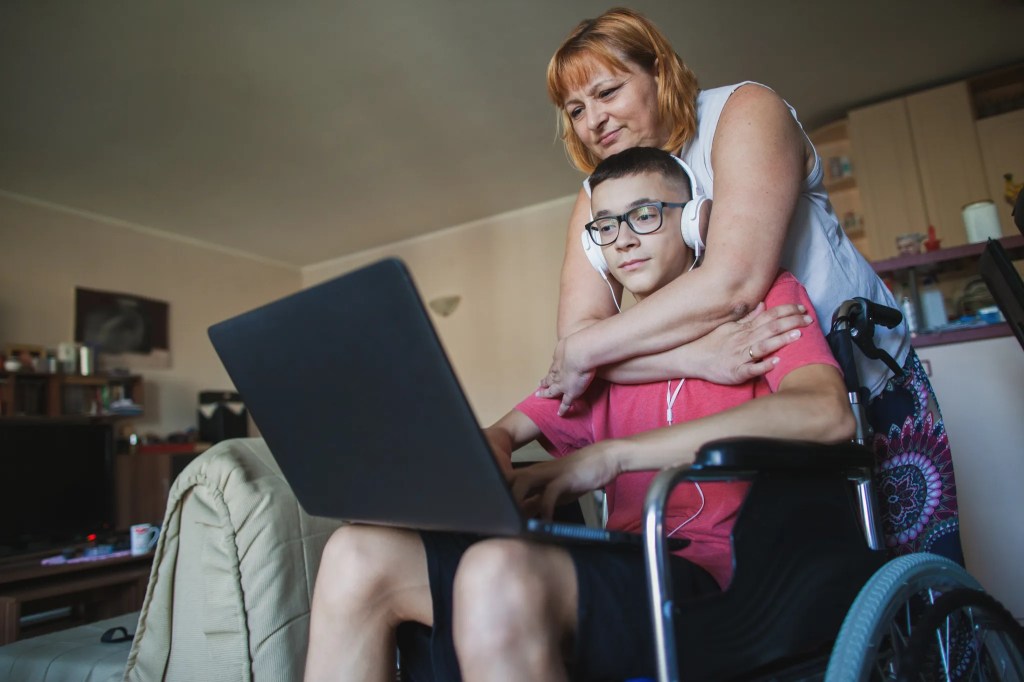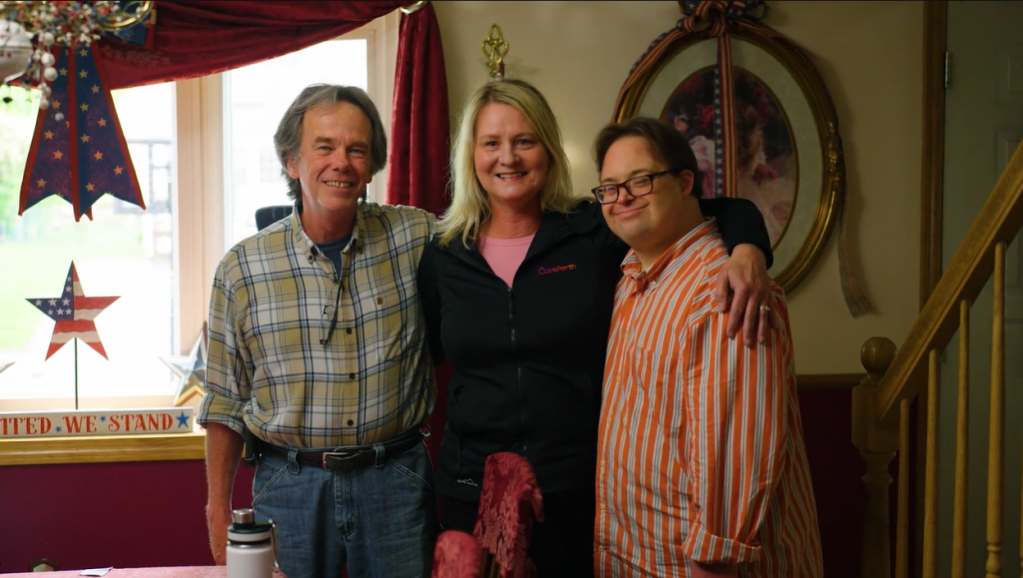
Planning Care for Your Loved One After You’re Gone
Nancy Lebrun is a member of the Association of Health Care Journalists and writes frequently on health and wellness.
“The more information you get, the better armed you are to know what steps to take,“ says Cheri Reynolds, whose son Marshall, 24, has DiGeorge syndrome and mental health issues. The family has moved across state lines twice, requiring Cheri to start over each time, going through the arduous process of setting up support and applying for benefits for her son. Jane Castner, 58, is thinking ahead to the time when she won’t be able to care for her daughter Claire, 28, who has a traumatic brain injury. “It’s very confusing and scary – and I don’t want to wait till there’s an emergency,” says Jane. She hopes to find an apartment and support services for Claire , who currently lives at home, two years down the road.
It may seem overwhelming, but there are steps you can take to plan for a secure future for your grown child with I/DD. Here are some ways to begin tackling the subject:
Plan For the Cost of Care – though many people with I/DD receive Supplemental Security Income, it covers only basic needs. There are other avenues to build more financial security for your child.
- ABLE Accounts – these tax-free savings accounts, established in 2014, are similar to college savings plans. You can make contributions of up to $14,000 each year. ABLE Accounts require proof of disability before the person’s 26th birthday. The money can be used for a wide variety of disability-related expenses including housing, transportation and quality of life improvements.
- DAC funds – Disabled Adult Child benefits are for people with I/DD who became disabled before age 22. They become available when a parent starts receiving retirement benefits, becomes unable to care for the child, or passes away.
- Special needs trusts – trusts are financial vehicles that allow families to put money away for an individual, to be administered by a third party. Because the government limits the assets a person with I/DD can have before they lose benefits, trusts can be a good alternative – and are not just for the wealthy. They can be set up as individual accounts managed by a trustee or family member, or there are also pooled trusts, which are usually managed by non-profit organizations.
- Shared or supervised living – supported living, often in a group home run by a service provider
- Independent living with support services – for example, an apartment shared with a roommate and support from people who help perform daily tasks
- HCBS (Home and Community Based Services) – rather than a residential choice, this government program, which was expanded in 2014, offers opportunities for people with I/DD to participate in their communities and avoid isolation.
Find Advocates and Professional Support
Researching information and investigating the options for your adult child can be daunting. Finding qualified assistance can be a relief. “There’s so much paperwork, so much documentation and so many legal forms to do every year. Sometimes I just get tired of it,” says Jane. “I don’t know what would happen if I wasn’t here,” adds Cherie, “so it would be awesome to have a person to step in.” You may have experienced the high turnover of case managers in the I/DD field, so it’s important to be aware of places you can rely on to help you navigate the complicated landscape of planning for your child’s future. Don’t feel you have to go it alone – having continuity of help will be good for your loved one as well as you.More insights like this:
-

Challenges Caregivers Face in Personal Relationships
Read more: Challenges Caregivers Face in Personal RelationshipsEveryone has different expectations for the challenges that a caregiving role might bring, such as the difficulty of managing a loved one’s medical needs or transporting them to appointments. But there are social impacts for caregivers as well. Caregiving goes beyond helping a loved one with health and wellness at home; it can…
-

Caring For Your Child With Disabilities
Read more: Caring For Your Child With DisabilitiesAccording to AARP’s Caregiving in the U.S. 2020 Report, 14.1 million caregivers provide care for children ages 0-17. In addition, one-in-ten parents in the U.S. provide over two and a half hours of unpaid care a day to an adult child. That’s a lot of care. A lot of dedication. And a lot…
